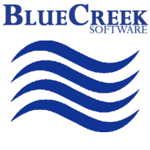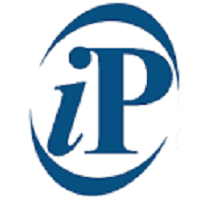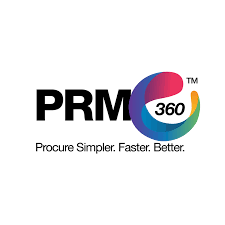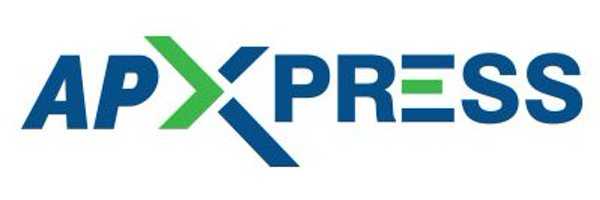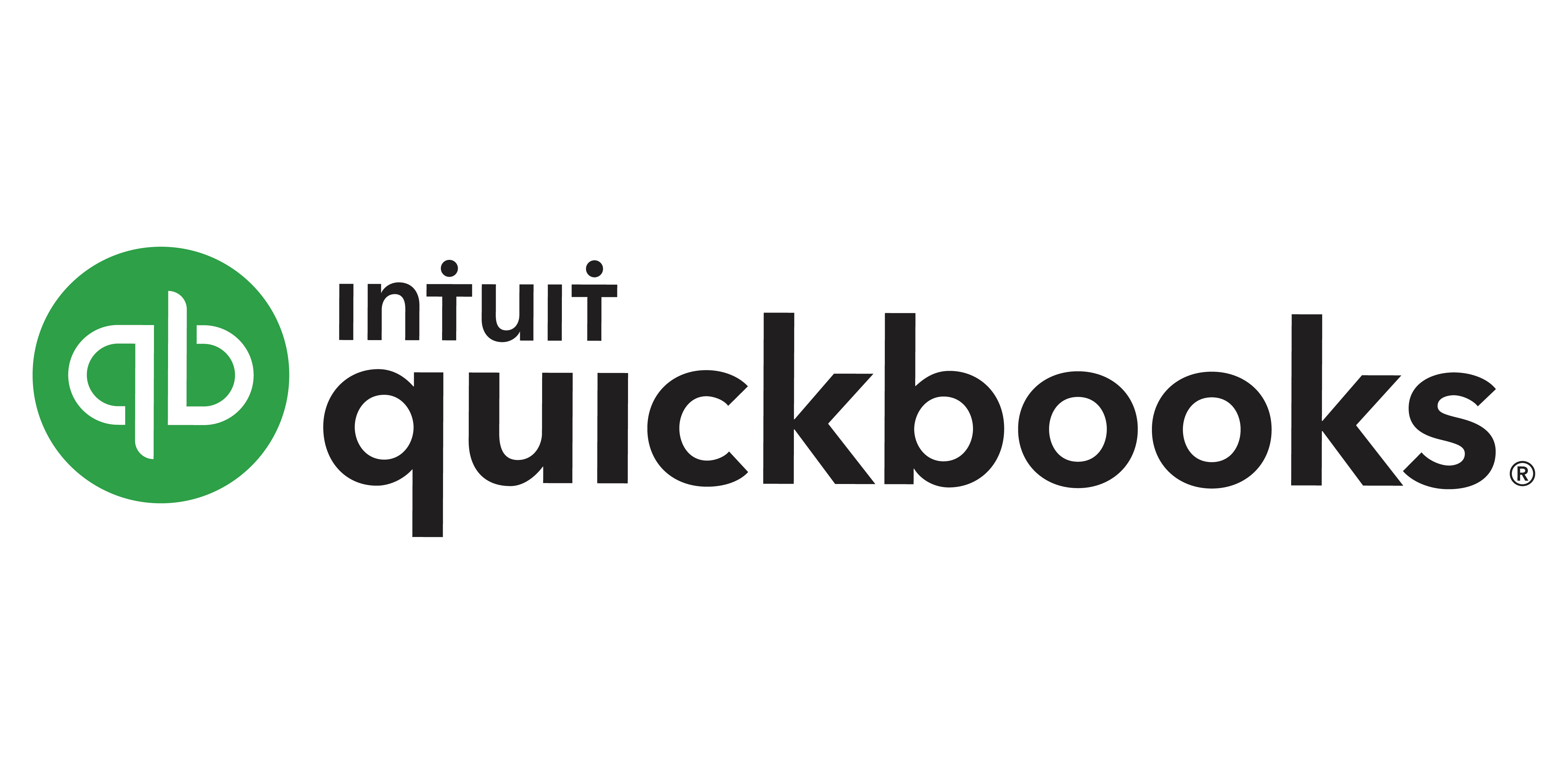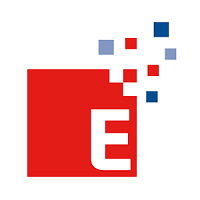What Is Accounts Payable Software?
The management of invoices, payments, and other financial transactions between a business and its suppliers can be streamlined and automated with the use of accounts payable software. It serves as the focal point for all activities related to accounts payable and offers a complete solution for processing, monitoring, and organizing payables.
By enabling companies to digitize their cost management and invoicing processes, the program reduces the possibility of human error and does away with the necessity for manual data entry. Additionally, it interfaces with an organization's accounting system, guaranteeing prompt and accurate financial transaction recording. The capacity of accounts payable software to maintain vendor data and terms of payment is one of its primary characteristics, which facilitates the management and monitoring of supplier relationships.
Additionally, it enables payment scheduling and approval workflows, giving you more control and insight over the whole accounts payable process. Additionally, accounts payable software has analytics and reporting features that let companies learn more about their payables and pinpoint areas for development. This can help businesses maximize their cash flow and make better financial decisions.
Features like electronic invoice processing, automated purchase order and invoice matching, and even vendor portals where suppliers may submit and monitor their bills are also possible with some sophisticated accounts payable software.
What Are the Recent Trends in Accounts Payable Software?
The need for effective and automated accounts payment software has grown dramatically in recent years. The trends in this category are evolving along with technology.
The following are the main current trends in accounts payable software that purchasers need to be mindful of:
1. Cloud-Based Solutions: The move to cloud-based solutions is one of the most significant developments in accounts payable software. Because these software programs are housed on a remote server, they may be accessed from anywhere at any time and do not require costly on-premises hardware or ongoing maintenance. program-as-a-service (SaaS) models, in which customers pay a subscription fee to use the program online, have also grown in popularity as a result of this trend.
2. AI and Machine Learning: Accounts payable software is getting smarter and more effective as a result of the development of AI and machine learning. By automating manual processes like processing invoices and approving payments, these technologies help speed up and improve the accuracy of the accounts payable process.
3. Automation: For some time now, automation has been a major trend in accounts payable software, and it is still developing. Automation reduces errors and saves time throughout the accounts payable process, from automatic data extraction to workflows for invoice matching and approval.
4. Integration with Other Systems: Accounts payable software that interfaces with other systems, such as customer relationship management (CRM) and enterprise resource planning (ERP) software, is becoming more and more popular with buyers. By doing away with manual data entry and redundant procedures, this integration helps increase data efficiency and accuracy.
5. Mobile Accessibility: The requirement for mobile accessibility in accounts payable software has grown as remote work becomes more common. Managing and approving invoices while on the road is made simpler by this trend, which enables users to access the program on their mobile devices. In summary, automation, integration, and accessibility are the main focuses of current trends in accounts payable software.
Benefits of Using Accounts Payable Software
Accuracy and efficiency are crucial when it comes to running a company's finances. Software for accounts payable is useful in this situation. Traditional bookkeeping techniques have become antiquated and time-consuming due to technological advancements. The entire accounts payable process can be streamlined with the help of accounts payable software, which provides an automated and contemporary solution.
The following are the main advantages of utilizing accounts payable software:
1. Increased Efficiency: Using accounts payable software has several benefits, one of which is increased efficiency. The program reduces manual operations that are prone to human mistakes by automating data entry and invoicing processing. Your staff can concentrate on other crucial duties as a result of the time and resource savings.
2. Cost Savings: Businesses can avoid paying staff to perform manual data input and invoice processing by automating the accounts payable process. In order to save money, accounts payable software can also assist in locating and removing duplicate payments, avoiding late fees, and utilizing early payment discounts.
3. Improved Accuracy: Manual data entry and processing are prone to inaccuracies, which frequently result in expensive errors. Errors are less likely when all the data is kept in one place with accounts payable software. This helps keep the company's financial records up to date and guarantees accurate payment processing.
4. Improved Visibility: Businesses can see their cash flow and financial commitments more clearly using accounts payable software. The program gives firms a thorough grasp of their financial performance by offering real-time reporting, dashboards, and analytics. Businesses are able to forecast future cash flow and make better decisions as a result.
5. Improved Vendor Relationships: Accurate invoice tracking and on-time payments can enhance vendor relationships. By ensuring that payments are made on schedule, accounts payable software can lower the risk of late fees and strained supplier relationships. Better vendor negotiations on terms of payment and discounts may result from this as well.
Important Factors to Consider While Purchasing Accounts Payable Software?
Having the appropriate software can significantly improve overall efficiency and streamline procedures when it comes to accounts payable management. Choosing the software that is appropriate for your company might be overwhelming with so many options on the market. The following crucial elements should be taken into account when buying accounts payable software in order to assist you in making an informed choice:
1. Scalability: Your accounts payable requirements will expand along with your business. Selecting software that can support your future expansion and manage a growing number of transactions without causing any delays is essential.
2. Automation capabilities: Businesses invest in accounts payable software primarily to eliminate human error and automate manual activities. Be sure to assess the software's automation features, including procedures for approval, payment scheduling, and automatic invoice matching.
3. Integration with current systems: Your accounting, inventory control, and procurement systems should all be able to easily interface with your accounts payable software. This reduces the need for duplicate data entry and enables a seamless data flow between systems.
4. Protection: Selecting software that places a high priority on data protection is essential when dealing with sensitive financial information. To make sure your data is safe, look for features like frequent backups, user access controls, and data encryption.
5. User-friendliness: Both your staff and your vendors should find it simple to utilize your accounts payable software. Time will be saved and the learning curve for new users will be lowered with an intuitive UI and functionality.
6. Vendor management features: Take into account software that assists with vendor management in addition to managing your accounts payable procedures. This covers functions including communication tools, vendor performance monitoring, and vendor portals.
7. Reporting and analytics: To assist you in tracking your expenditures and pinpointing areas for process and cost optimization, a quality accounts payable software should offer comprehensive financial reports and analytics.
8. Customer service: Like any technology, there might be inquiries or technical problems. Select a software supplier that provides dependable customer service via live chat, email, or phone.
9. Cost: Although it could be tempting to go with the least expensive alternative, it's important to think about the software's worth and long-term advantages. Seek out a software provider that provides a clear grasp of what is included in the price and a transparent pricing approach.
What are the key features to look for in Accounts Payable Software?
Effective accounts payable procedures are essential for controlling a business's cash flow. This is where accounts payable software, a potent instrument that automates and optimizes the AP process, lowers errors and delays, and boosts overall productivity, comes in. However, choosing the best option for your company might be overwhelming due to the abundance of possibilities available. to facilitate the procedure.
The following are the main characteristics of accounts payable software to look for:
1. Invoice Management: AP software's primary purpose is to manage invoices. Seek out a service that lets you record invoices from a variety of sources, including paper documents, PDFs, and emails. In order to reduce human data entry and automatically extract data from invoices, it should also feature OCR technology.
2. Automated Approval Workflow: To do away with the necessity for human invoice routing, a decent accounting program should enable you to set up an automated approval workflow. This minimizes processing time and prevents bottlenecks by guaranteeing that the appropriate individuals examine and approve invoices on time.
3. Integration with Accounting Systems: Your accounts payable software should easily interface with your accounting system to prevent manual errors and duplicate data entry. This makes the operation more efficient overall by enabling automatic data synchronization.
4. Payment Processing: To make it simpler for you to pay vendors, look for a solution that provides a variety of payment methods, including cheques, ACH, and credit cards. In order to lower the possibility of late payments, it should also be able to arrange payments in advance.
5. Reporting and Analytics: Detailed reports and analytics on your accounts payable process, including information on spending trends, vendor performance, and any cost-saving opportunities, should be provided by a strong accounts payable software.
6. Security: When selecting an AP software, security should be the first consideration because sensitive financial data is being processed. To make sure your data is safe, look for solutions that provide access controls, data backup, and encryption.
7. Mobile Accessibility: Having mobile access to AP procedures is crucial in the fast-paced business world of today. Select software with mobile accessibility so you may examine and accept invoices at any time and from any location.
8. User-Friendly Interface: The software's adoption and usability depend heavily on its user-friendly interface. Seek solutions with simple, easy-to-use designs that require less training. You can choose an accounts payable software that suits your company's requirements and financial constraints by keeping these important factors in mind. This will help you optimize and enhance your AP procedure.
Why Do Businesses Need Accounts Payable Software?
Businesses use accounts payable software as a vital component of their financial management strategy for a number of reasons. First of all, manual accounts payable procedures are laborious and prone to mistakes, which may cause payments to be delayed and financial records to be erroneous. These procedures are streamlined by accounts payable software, which lowers the possibility of human error and boosts productivity.
The capacity of accounts payable software to offer real-time visibility into outstanding invoices, impending payments, and overall cash flow is another important advantage. This facilitates improved financial management, future spending planning, and better decision-making for enterprises. Accounts payable software provides useful insights into spending trends, vendor relationships, and other cost-saving options through its sophisticated reporting and analytics tools.
Additionally, by guaranteeing accurate and on-time payments, accounts payable software assists companies in building and preserving solid relationships with their suppliers. Additionally, it makes managing many vendors and payment methods easier for organizations by providing a variety of payment options and streamlining the reconciliation process.
Additionally, accounts payable software offers a centralized, safe location to store and retrieve all invoice-related documents, including purchase orders, contracts, and receipts. This lowers the possibility of misplaced or lost documents, boosts organizational effectiveness, and guarantees audit requirements are met.
Additionally, by offering features like budget tracking, early payment discounts, and automatic approval processes, accounts payable software may help firms stick to their financial objectives and budget. This allows companies to benefit from possible savings in addition to reducing excessive spending.
All things considered, companies require accounts payable software to guarantee compliance, enhance vendor relationships, get visibility and control over their cash flow, and optimize their financial operations. Accounts payable software is a vital tool for companies of all sizes and sectors due to its sophisticated features and advantages.
How Much Time Is Required to Implement Accounts Payable Software?
The size of your company, the intricacy of your procedures, and the software vendor you select can all affect how long it takes to adopt accounts payable (AP) software. While a more thorough implementation may take up to 12–16 weeks, a simple AP software setup typically takes 4-6 weeks.
Data migration, customisation, training, and testing are some of the phases that are usually included in the implementation process. Gathering and transferring your current data into the new program is the first step, which may take one to two weeks. After that, it may take two to four weeks to set up and modify the software to meet your unique requirements.
After that, it may take one to two weeks for your team to receive training on how to use the software effectively. This is an important step that will guarantee a seamless transition and help your staff get the most out of the product. Lastly, it may take one to two weeks to test the program to make sure it is working properly and make any necessary changes. It is crucial to remember that variables like your team's availability and the software provider's responsiveness may have an impact on the timeframe for AP software implementation.
As a result, picking a trustworthy and knowledgeable supplier who can help and mentor you during the implementation process is crucial. All things considered, even while the initial setup of AP software could take some time and work, the advantages and productivity increases it can provide for your company make the investment worthwhile.
What Is the Level of Customization Available in Accounts Payable Software?
There are numerous options for accounts payable software on the market, and the degree of customization that each solution offers is one of the most important factors for purchasers. A key consideration when choosing the best software for your company is customization, which enables users to modify the program to fit their unique business requirements and workflows. The majority of accounts payable software provides a great degree of customisation, enabling users to set it up to suit their particular needs. From basic settings like tax rates and company information to more sophisticated features like user permissions, approval workflows, and custom fields, this degree of flexibility covers it all.
The following factors must be evaluated when determining the degree of customization:
1. Custom Fields: Users can add more fields to custom fields in order to record and monitor more data unique to their business procedures. Labels, data types, and validation rules can be added to these fields, giving the software a great deal of flexibility and adaptability.
2. User Permissions: These allow companies to limit certain actions to particular individuals or user groups and manage access to sensitive data. Data security and privacy are guaranteed by this function, particularly in settings with many users.
3. Approval Workflows: Businesses can specify how invoices, purchase orders, and other AP documents are routed and approved via customizable approval workflows. By ensuring that the appropriate parties participate in the approval process, this feature improves control and visibility over AP operations.
4. Branding and Templates: Users of certain accounts payable software can add logos, colors, and unique templates to their invoices, purchase orders, and other documents. This feature assists businesses in upholding their brand standards and projecting a polished image to their suppliers.
5. Integrations: Accounting software, ERP, CRM, and other business systems can all be integrated to increase the degree of customisation available in accounts payable software. This makes it possible for businesses to easily link various data and systems, which simplifies AP procedures and boosts productivity.
Which Industries can benefit the most from Accounts Payable Software?
For companies of all sizes and in a variety of sectors seeking to optimize their financial operations, accounts payable software is an invaluable resource. Accounts payable software's automation and digitalization features can significantly increase a business's productivity and cost-effectiveness, which will boost earnings and improve performance all around.
The industries that stand to gain the most from deploying an accounts payable software system will be covered in this buyer's guide.
1. Manufacturing Sector: Due to the high amount of invoices and payments they handle, manufacturing firms are vulnerable to inefficiencies and human mistake. They can automate invoice processing, cut down on paperwork, and monitor payments in real time with accounts payable software. This improves the accuracy of financial records while also saving time and lowering the possibility of mistakes.
2. Retail Industry: The retail sector is renowned for its numerous suppliers, intricate payment arrangements, and high volume of transactions. Retail companies may manage discounts and early payment discounts, keep correct inventory records, and expedite supplier payments with accounts payable software. Better supplier connections and financial flow management result from this.
3. Healthcare Sector: Invoicing in the healthcare sector is complicated and involves patients, government organizations, and insurance companies. By automating invoice entry and processing, accounts payable software can lower the possibility of rejected claims and guarantee on-time vendor payments. This results in better cash flow and a more effective revenue cycle management procedure.
4. Hospitality Industry: Due to the large volume of supplier invoices that hotels, restaurants, and other hospitality-related firms handle, processing invoices by hand is a laborious and error-prone procedure. By automating the procedure, accounts payable software lowers the possibility of duplicate, late, and excessive payments. This enables companies to concentrate on offering outstanding visitor experiences.
5. Non-profit Sector: Having a simplified and economical financial procedure is essential for non-profit organizations, which frequently have short budgets and few resources. Software for accounts payable can assist in managing spending, keeping clear financial records, and tracking gifts and donations. In addition to saving time and money, this fosters confidence among stakeholders and donors.
Conclusion
In conclusion, any company hoping to improve efficiency and streamline its financial procedures must select the appropriate accounts payable software. You may confidently browse the market and identify the ideal solution for your company by taking the following actions: Determine what you need: It's crucial to evaluate your present accounts payable procedure and pinpoint opportunities for improvement before you start your search.
This will assist you in reducing your alternatives and concentrating on the things that are most crucial to your company. Think about your spending plan: Your decision-making will be heavily influenced by your budget. Even while purchasing top-tier software could seem like a good idea, it's crucial to stick to your spending plan and choose a solution that will satisfy your demands without going beyond.



